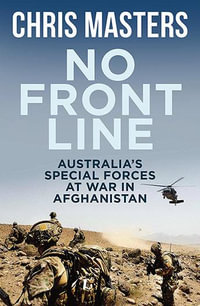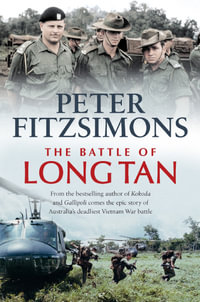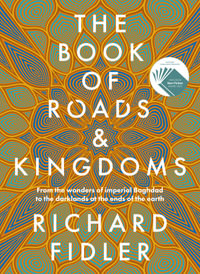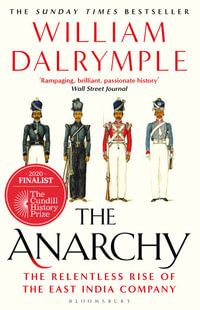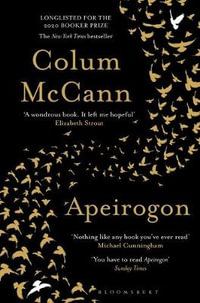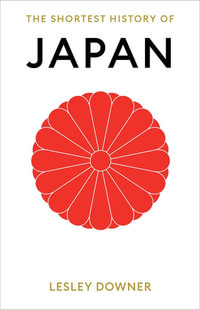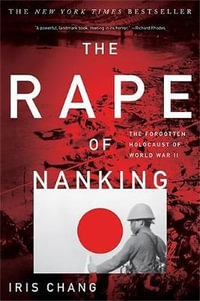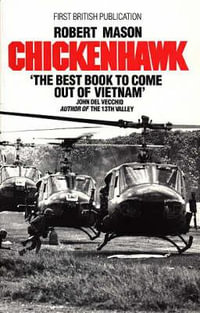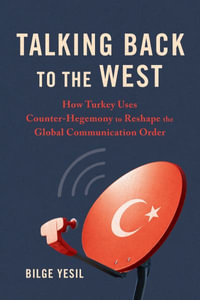The Ambiguous Allure of the West examines the impact of Western imperialism on Thai cultural development from the 1850s to the present and highlights the value of postcolonial analysis for studying the ambiguities, inventions, and accommodations with the West that continue to enrich Thai culture. Since the mid-nineteenth century, Thais have adopted and adapted aspects of Western culture and practice in an ongoing relationship that may be characterized as semicolonial. As they have done so, the notions of what constitutes "Thainess" have been inflected by Western influence in complex and ambiguous ways, producing nuanced, hybridized Thai identities.The Ambiguous Allure of the West brings together Thai and Western scholars of history, anthropology, film, and literary and cultural studies to analyze how the protean Thai self has been shaped by the traces of the colonial Western Other. Thus, the book draws the study of Siam/Thailand into the critical field of postcolonial theory, expanding the potential of Thai Studies to contribute to wider debates in the region and in the disciplines of cultural studies and critical theory. The chapters in this book present the first sustained dialogue between Thai cultural studies and postcolonial analysis.By clarifying the distinctive position of semicolonial societies such as Thailand in the Western-dominated world order, this book bridges and integrates studies of former colonies with studies of the Asian societies that retained their political independence while being economically and culturally subordinated to Euro-American power.
Industry Reviews
"The Ambiguous Allure of the West finally and decisively pulls Thai studies away from its long-dominant introspection and its focus on an alleged Thai exceptionalism and sites it firmly in mainstream comparative and theoretical contexts. Strikingly original in conception and sure-footed in execution, this is an outstanding collection of essays."-Ian Brown, Dean of Arts and Humanities, School of Oreintal and African Studies, London "This excellent collection of essays represents a major advance in the application of Western postcolonial theory to the study of Asian history and culture. No other book is more successful at shattering the 'uniqueness' of Thailand, or of demonstrating the many ways in which Southeast Asia is comparable to the rest of the world."-Tony Day, coeditor of Clearing a Space: Postcolonial Readings of Modern Indonesian Literature

